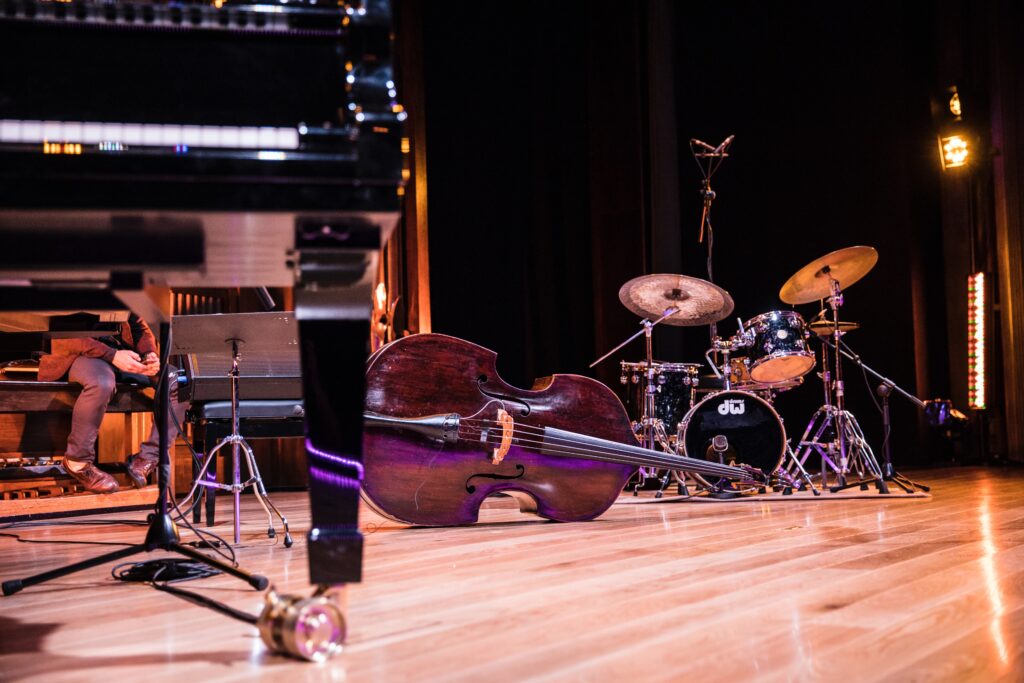Kim jest artysta w naszych czasach? (cz. I)

„Kim jest artysta?” – na to pytanie w swoim artykule udziela odpowiedzi dr Julia Kaleńska-Rodzaj. Zapraszamy do lektury I części.
Big beat – jak to się zaczęło (cz. III)

Jak kształtowała się polska scena rock’n’rollowa? Kto podbił rockowe serca Polaków? I czym różni się big beat od rock and rolla?
Big beat – jak to się zaczęło (cz. II)

Różne rodzaje sztuki przybywają do Europy zza oceanu. Marcin Jacobson przedstawia pierwsze kroki rock and rolla w Polsce oraz propagatorów tego gatunku w naszym kraju.
Big beat – jak to się zaczęło (cz. I)

Rock’n’roll ma wielu miłośników na całym świecie. Od początku istnienia porwał gusta „niepokornych dusz”, a na scenach pojawiali się kolejne gwiazdy, z Elvisem Presley’em na czele. A czym jest i skąd się wziął big beat?
Opera o piosence, piosenka w operze – „L’hirondelle inattendue” Szymona Laksa

Szymon Laks i jego twórczość operowa stały się tematem referatu Anny Rusin podczas 11. Konferencji Elementi: „RELACJE”.
Źródła i formy piosenki francuskiej (cz. II)

Edit Piaf była i jest ponadczasową gwiazdą francuskiej sceny muzycznej. Jej talent, osobowość i aparycja wpłynęły na kształtowanie się formy piosenki we Francji.
Źródła i formy piosenki francuskiej (cz. I)

Źródeł piosenki francuskiej należy upatrywać w historycznej chanson. W ciągu wieków kształtowała się zarówno pod kątem muzycznym, jak i tekstowym. Na jej wysoki poziom artystyczny składa się nie tylko obszerna geneza, ale również wyjątkowa stylistyka i osobliwy charakter utworów.
Koncert jako metafora społeczeństwa? O muzycznych relacjach w socjologicznym kontekście

Temat koncertu jako metafory społeczeństwa podjęła w swoim referacie Zuzanna Bolon podczas 11. edycji Konferencji ELEMENTI: „Relacje”.
„Strzeż się tych miejsc”. Przestrzeń grozy i zagrożenia w polskiej piosence

W ostatnich latach popularność wśród czytelników zyskał kryminały. Fenomen grozy najsilniej obecny był w kinie za sprawą horroru. Jak zatem jawi się w muzyce, a konkretniej – w polskiej piosence?
„A pure violation of God’s great creation”: Monstrualna tożsamość Jazmin Bean jako przykład queerowej strategii oporu

Jazmin Bean swoją twórczością prezentuje swoisty przykład muzycznego performansu. Wybrane utwory analizie poddaje Dawid Kaszuba.


